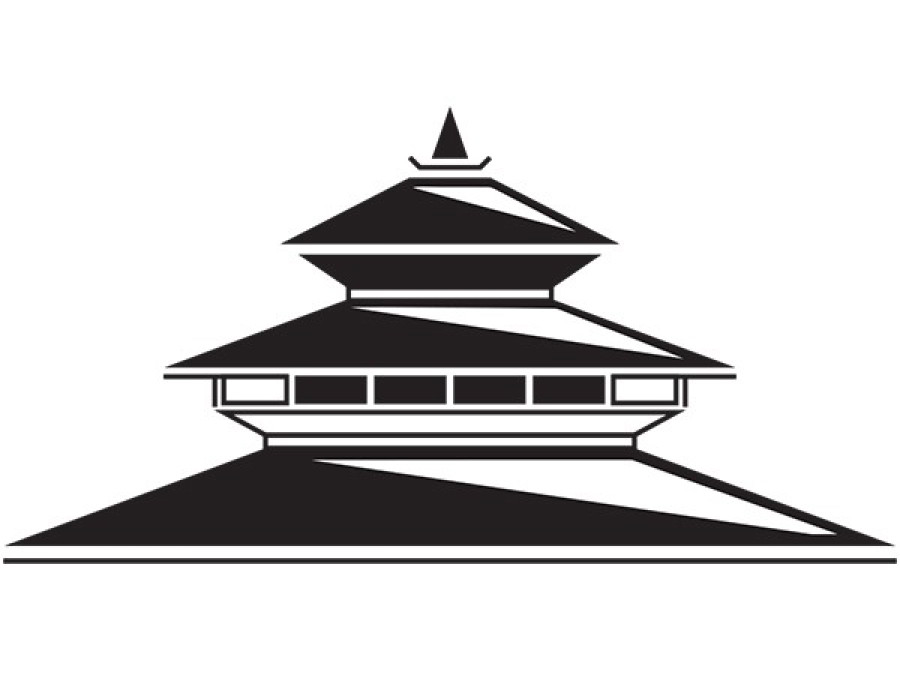Editorial
Melamchi mirage
Perennial delay in Melamchi is costing the govt and Kathmandu residents dear
Having remained a mirage for much of the past two decades, the water of Melamchi is finally on its way to the parched Kathmandu valley. But, as Kathmandu residents prepare to inhale more dust than air for some more months, waiting for the day when the Melamchi water comes gushing out of their taps, the project is set to soak up even more money from the state coffers. The last deadline has once again been dishonoured, and according to Bina Magar, Minister of Water Supply, is costing Rs5.1 million to the government for each day’s delay.
The Melamchi Water Supply Project (MWSP) master plan was envisaged in 1988, and work on it began in December 2000. The MWSP will initially supply 170 million litres of water a day from the Melamchi river in the first phase. In the second phase, water from Yangri and Larke rivers will be diverted to Melamchi river to supply an additional 340 million litres of water a day. Though the valley’s daily water requirement exceeds 400 million litres a day, the Kathmandu Upatyaka Khanepani Limited (KUKL)—a public company responsible for managing the water supply and sanitation system of the Kathmandu Valley has been able to supply about 140 million litres a day only during the monsoon. During the dry months, the parched valley receives less than 80 million litres.
Touted as one of the 21 ‘national pride’ projects, MWSP is also a masterclass in how not to implement a project. The first deadline expired in 2007; the second in 2016; and the third in October 2017. The last deadline of March 26, 2018 remained dishonoured. The contract was initially awarded to China Railway 15 Bureau Group, but their sluggish progress in tunnel and headwork construction prompted the government to rope in Italian contractor Co-operativa Muratori e Cementisti di Ravenna (CMC) in 2013.
The initial estimated cost of the project was Rs17 billion, but multiple delays have cost raised the cost to around Rs24 billion. The Ministry of Water Supply estimates the final cost will be as high as Rs28 billion; not to mention the social and environmental costs caused by the project. The ditches in Kathmandu left uncovered for months, essentially serving as death traps for pedestrians and motorcyclists, and the pall of dust that perpetually shrouds the valley, leading to long-term health hazard. Ultimately, it is the public that has to pay the price for the delay.
And yet, there is no guarantee that even the latest deadline will be honoured. Unless there is a clear retributive policy in place, such as requital from the delinquent contractors and blacklisting of such contractors for future projects, such delays are bound to continue. The government would do well to ensure that the project honours the deadline this time around. Kathmandu residents have shown exceptional patience in their wait for Melamchi, and the least the government could do is spare them yet another missed deadline.




 9.6°C Kathmandu
9.6°C Kathmandu














